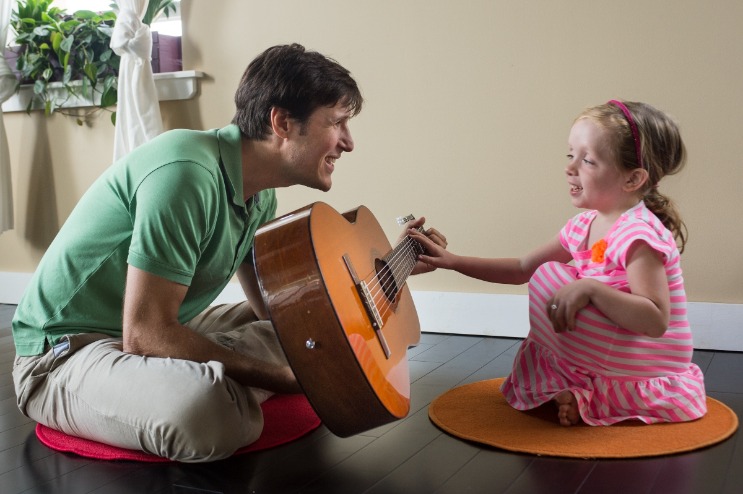Autism is a developmental disorder that affects how a person communicates and interacts with others. Children with autism often have unique strengths and challenges when it comes to learning and socializing. One effective way to help autistic children develop their skills and express themselves is through music therapy, specifically piano lessons.
The Benefits of Piano Lessons for Autistic Children
Piano lessons can provide numerous benefits for autistic children. Learning to play the piano can improve cognitive skills, fine motor skills, and hand-eye coordination. It can also help children develop patience, focus, and discipline. Additionally, playing the piano can be a form of emotional expression and can help children with autism communicate their feelings in a non-verbal way.
How Piano Lessons Can Help Autistic Children
For autistic children, piano lessons can be a safe and structured environment where they can learn and grow at their own pace. The one-on-one instruction provided by a piano teacher can help children with autism build confidence and self-esteem. It can also provide an opportunity for social interaction and connection with others.
Read more about special needs music lessons here.
Playing the piano can be a calming and soothing activity for autistic children, helping them regulate their emotions and reduce anxiety. The repetitive nature of learning to play an instrument can also be comforting and provide a sense of predictability for children with autism.
In conclusion, piano lessons can be a valuable tool for helping autistic children develop their skills, express themselves, and connect with others. By providing a structured and supportive environment, piano lessons can unlock the potential of autistic children and help them reach their full musical and personal growth.






